
Goodbye Cavities? A Future Where Teeth Heal Themselves May Be Closer Than We Think
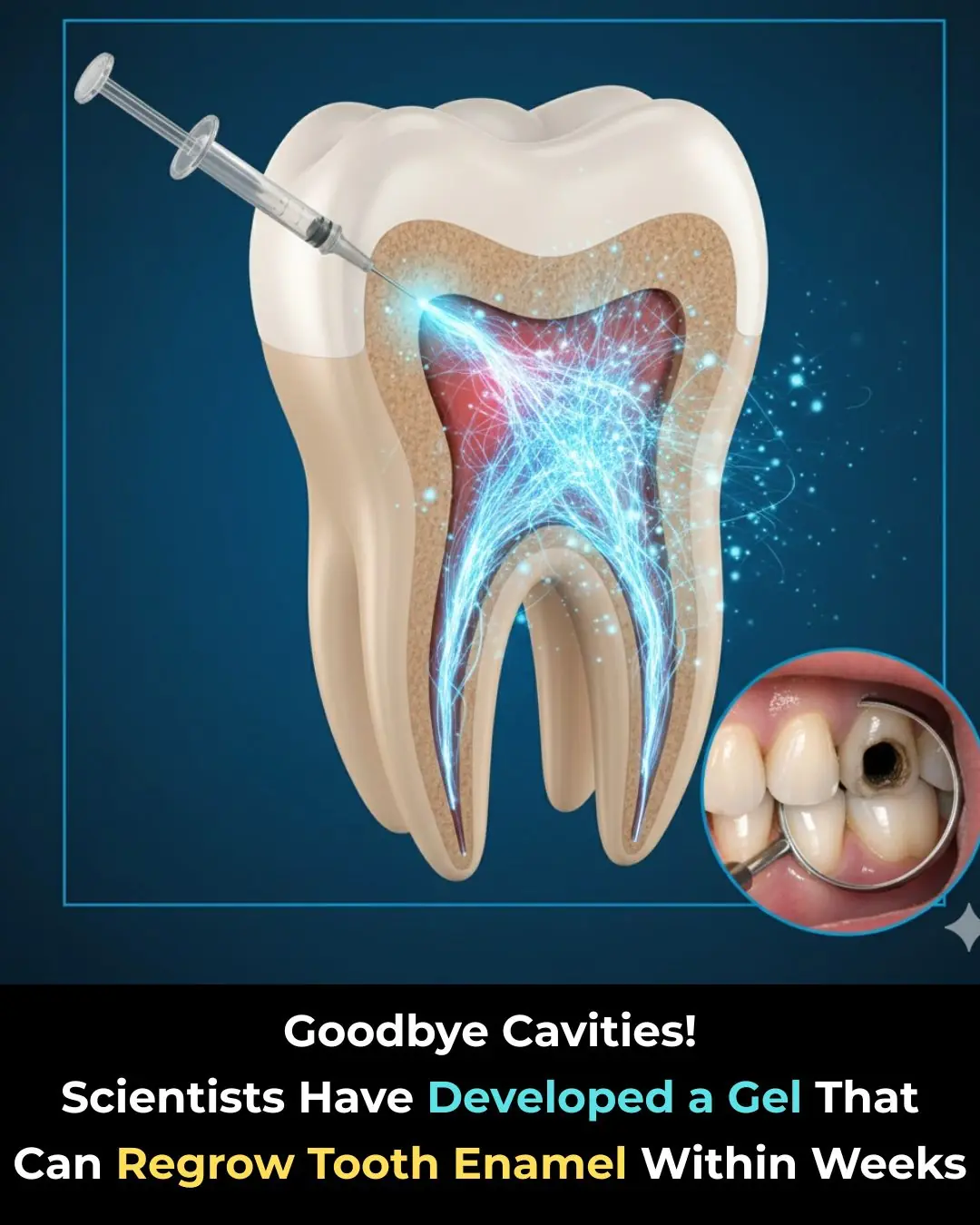
For decades, dentistry has operated on one unshakable truth: once tooth enamel is damaged, it’s gone forever. Enamel — the hardest substance in the human body — cannot regenerate naturally, which is why cavities require drilling and fillings. But that long-held belief may soon change.
Scientists at the University of Nottingham in the United Kingdom have developed a revolutionary protein-based gel that can actually regrow enamel-like layers on damaged teeth within weeks. If successful in human trials, this breakthrough could transform dental care as we know it.
Why Tooth Enamel Can’t Repair Itself
Enamel protects our teeth from daily wear, acids, bacteria, and physical stress. However, unlike other tissues in the body, enamel has no living cells — meaning it cannot repair or rebuild itself after damage.
That’s why even early-stage cavities eventually require drilling, fillings, or other treatments.
The Breakthrough: A Gel That Mimics Enamel Formation
The Nottingham team created a protein-inspired gel that imitates the natural process by which enamel originally forms during childhood. Here’s how it works:
-
The gel creates a microscopic scaffold on the tooth surface.
-
This scaffold attracts calcium and phosphate — the minerals found in saliva.
-
Over time, these minerals deposit into the scaffold, forming new enamel-like layers.
-
The restored surface strengthens weak spots and fills early-stage cavity damage.
In laboratory studies, teeth treated with the gel began forming structured enamel-like crystals within just 14 days — a timeline once thought impossible.
What This Could Mean for the Future of Dentistry
If clinical trials confirm these results in real-world patients, dentistry could shift from drilling and filling to healing and regenerating.
Potential benefits include:
-
Reversing early cavities naturally
-
Strengthening worn or demineralized enamel
-
Reducing sensitivity caused by enamel erosion
-
Eliminating the need for painful drilling
-
Creating long-lasting, biologically compatible repairs
This would mark one of the biggest advances in dental medicine in decades, especially for millions who suffer from cavities, enamel erosion, or fear of dental procedures.
A Regenerative Dental Future Is Emerging
While the gel is still undergoing research, the early results are promising — and exciting. For the first time, scientists have found a way to encourage the tooth to rebuild itself using the body’s own minerals. What was once science fiction is rapidly becoming scientific reality.
If this innovation succeeds, dental care may shift from fixing teeth to regenerating them — painlessly, naturally, and without the dreaded drill. And it all starts with a breakthrough from the UK.
The age of self-healing teeth may be closer than we ever imagined.
News in the same category


Bone Cancer: The Silent Destroyer That Strikes From Within

3 Flowers That Make Snakes Tremble in Fear
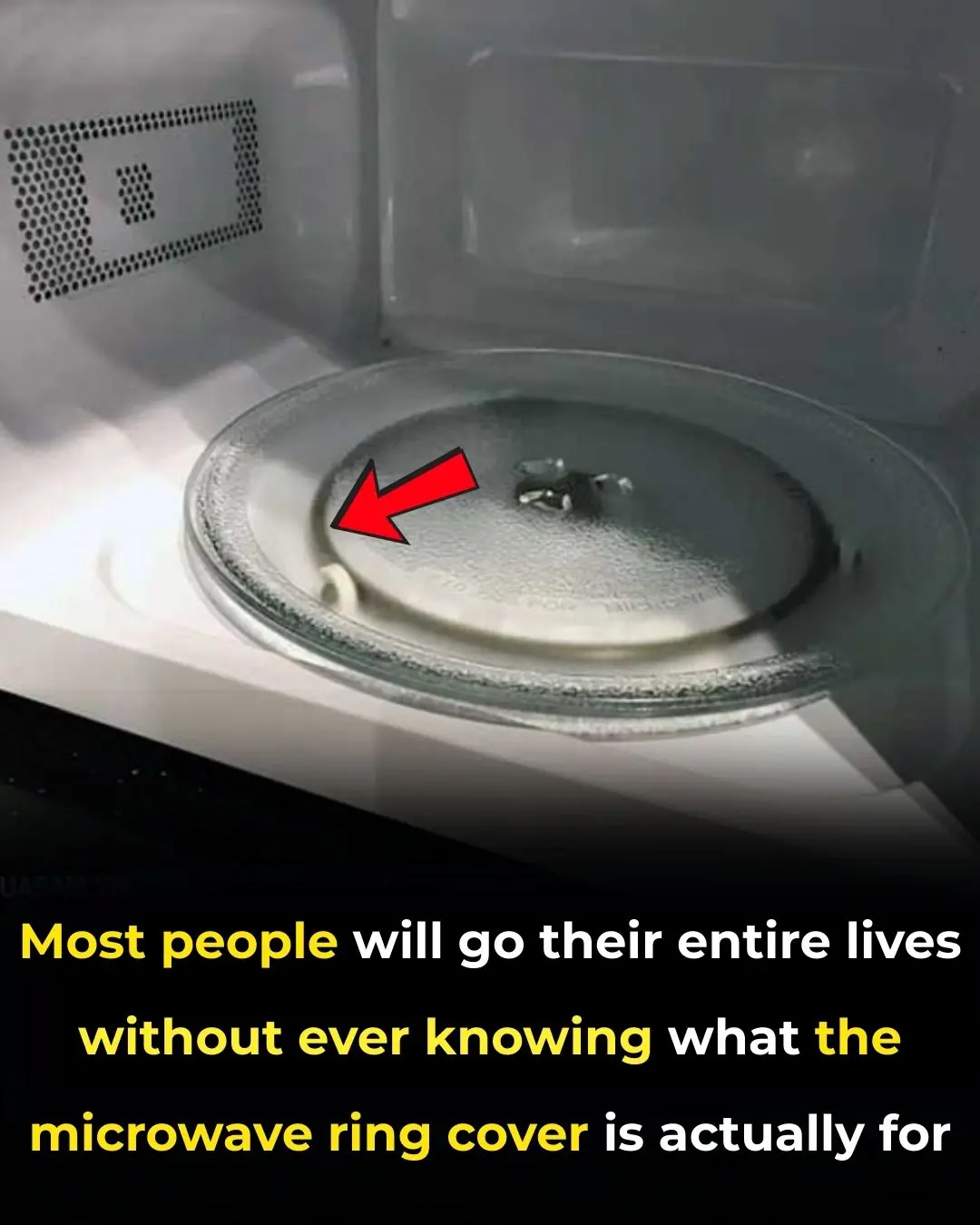
I was totally in the dark on this!

Most People Get This Wrong — Here’s How Often You Should Refresh Everything
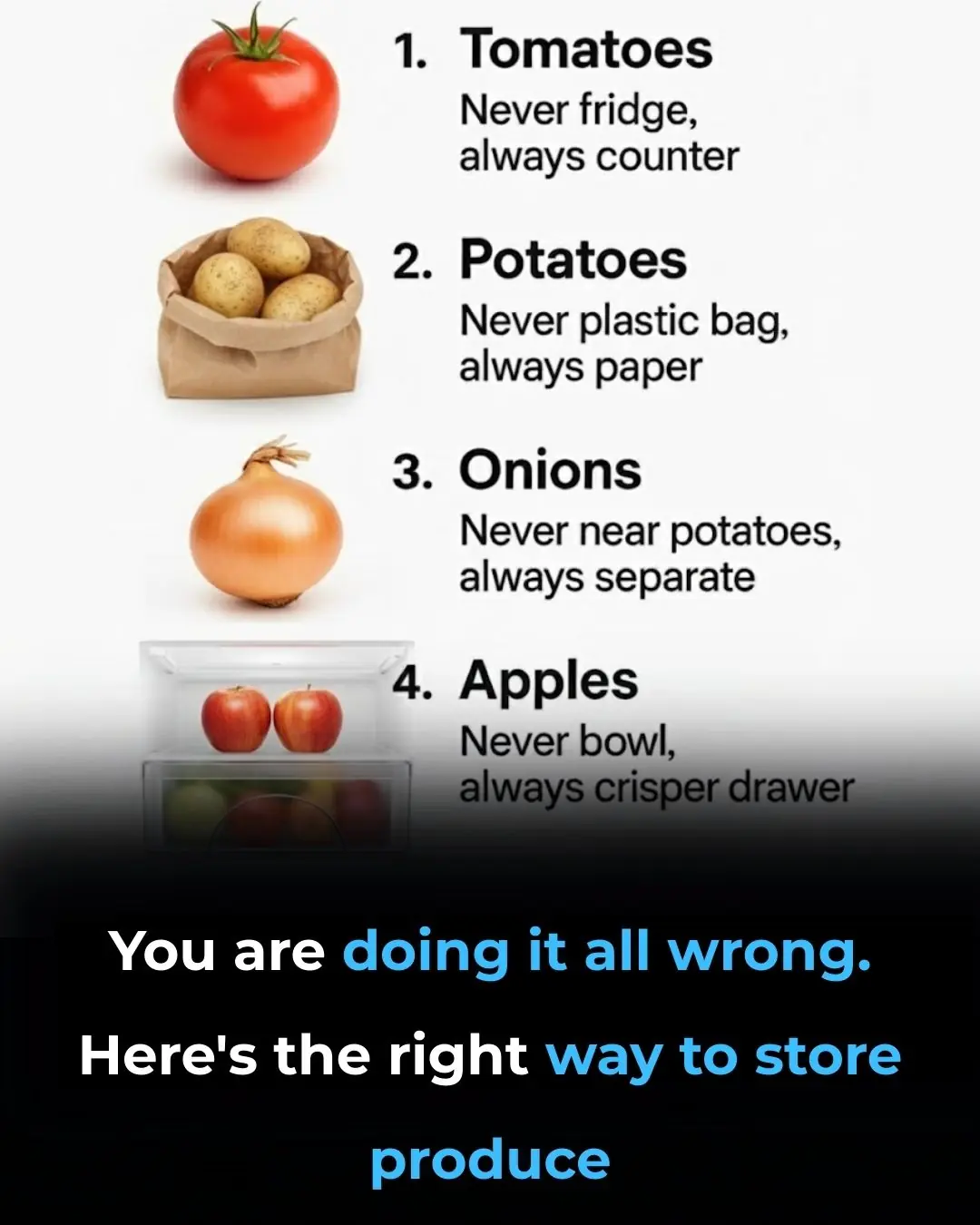
You’re Storing Your Produce All Wrong — Here’s How to Do It Right

Mine Could Definitely Flower More

The Kid Who Was Surprised By Dad With Birthday Bat In Viral Video Hits Home Run With Bat And Dad Catches It

Delaware Post Office Renamed In Honor of Mary Ann Shadd Cary, First Black Woman Publisher

Meet Shantrelle P. Lewis, Curator, Filmmaker & the Preeminent Scholar of Global Black Dandyism

Jalen McKee-Rodriguez Makes History As First Openly Gay Black Man To Be Elected To Office In Texas

Breaking Bob: How a 75-Year-Old Turned a Five-Minute Smoke Break into a Viral NYC Spectacle

Aretha Duarte Makes History As First Black Latin American Woman To Climb Mount Everest

Issa Rae Opens New ‘Downtown Dough’ Pizzeria in L.A.

106 & Park to Celebrate 25 Years With an Epic Reunion at the 2025 BET Awards

She Just Opened The First Black-Owned Direct Primary Care Facility In Washington State

Stacey A. Dixon Set To Make History As The Highest Ranking Black Woman In U.S. Intelligence

First Black Woman To Become Union Pacific Railroad Train Engineer Releases New Autobiography

Remembering Fashion Icon André Leon Talley and the Powerful Legacy He Left Behind
News Post
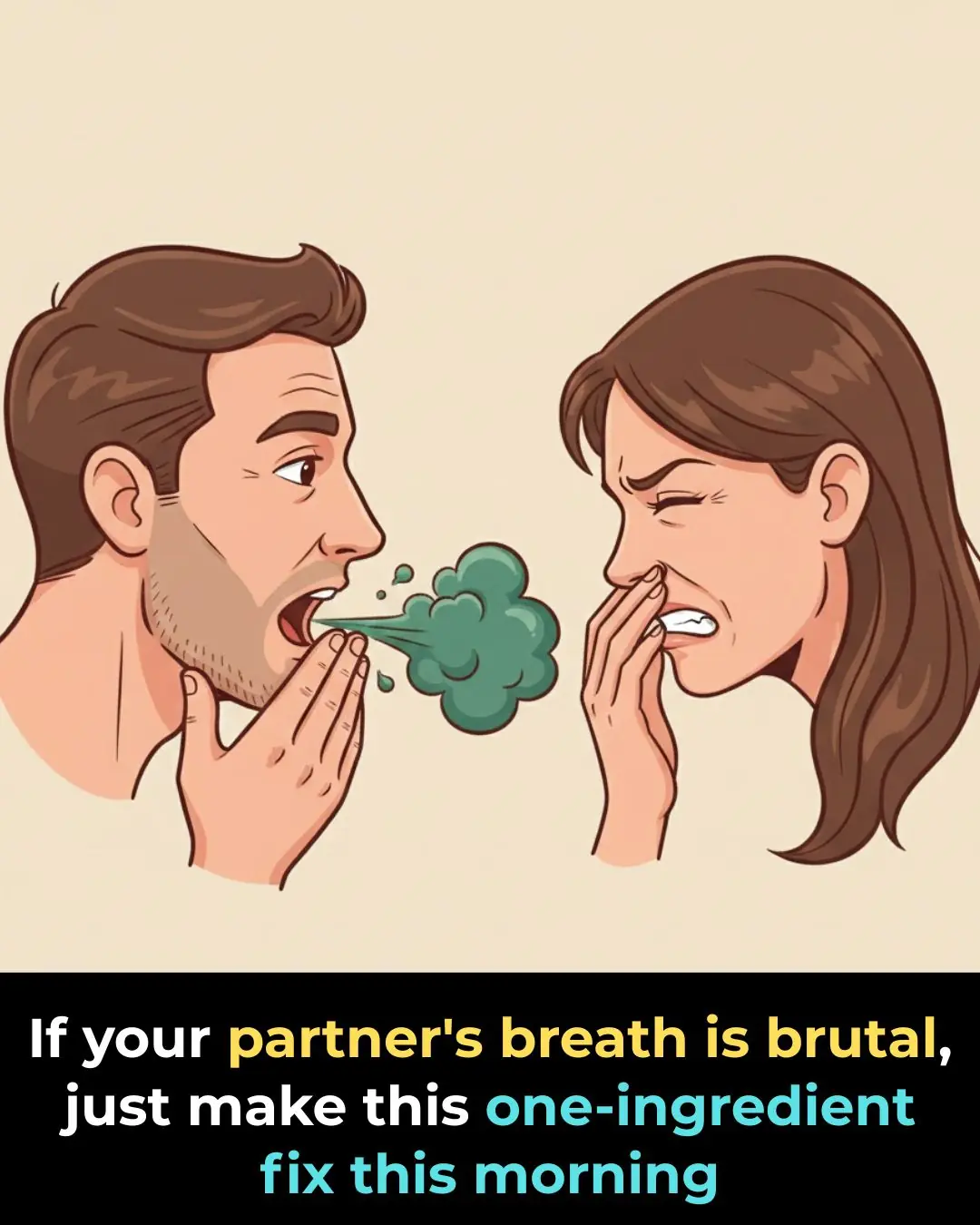
How to Get Rid of Bad Breath (Halitosis): Scientifically Proven Home Remedies

Frozen Pork? Don’t Soak It in Water! Use This Trick to Thaw in 10 Minutes and Keep It Fresh
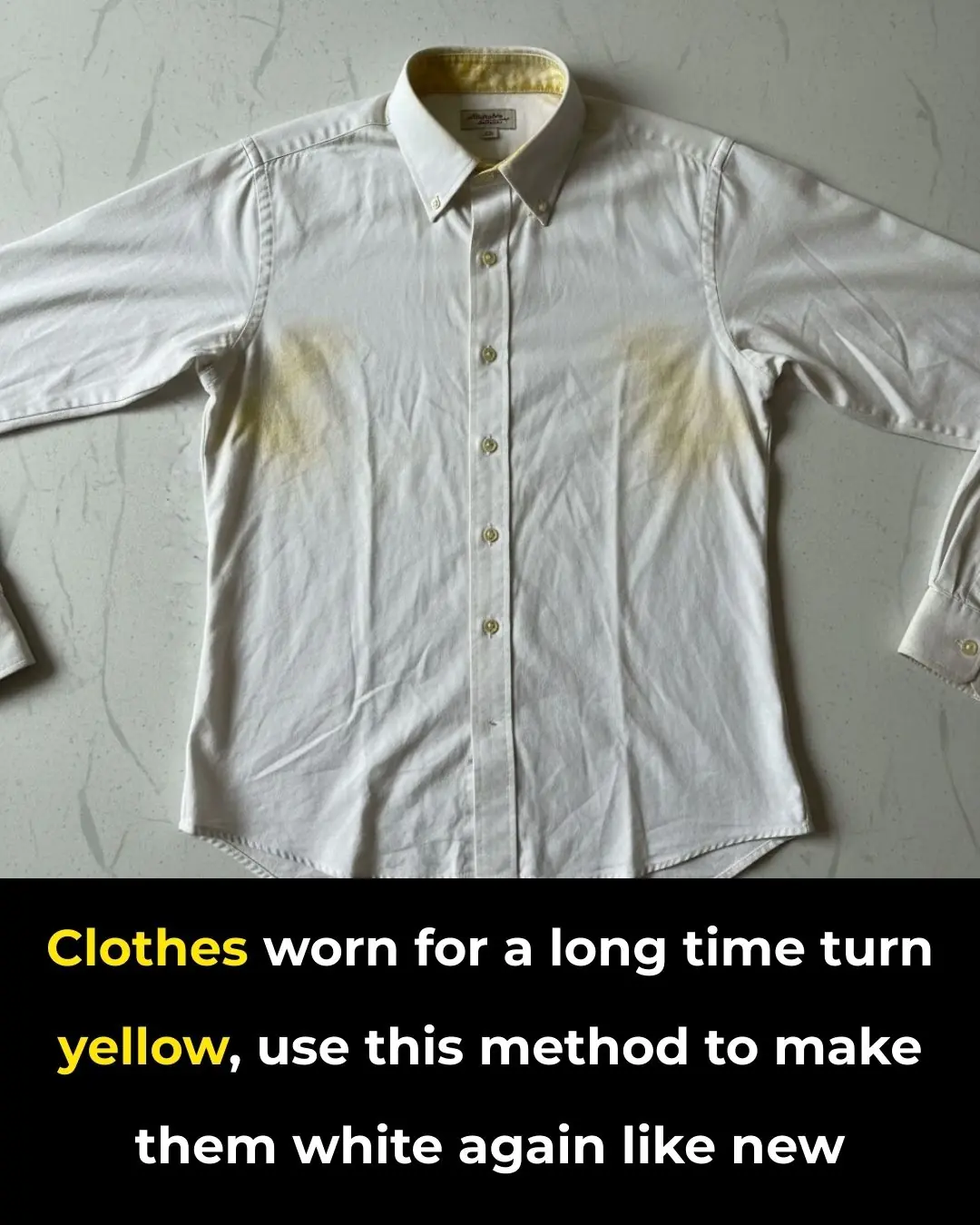
Clothes Turning Yellow? This Simple Trick Will Make Them Bright White Again

Tried this the other day and it did wonders!
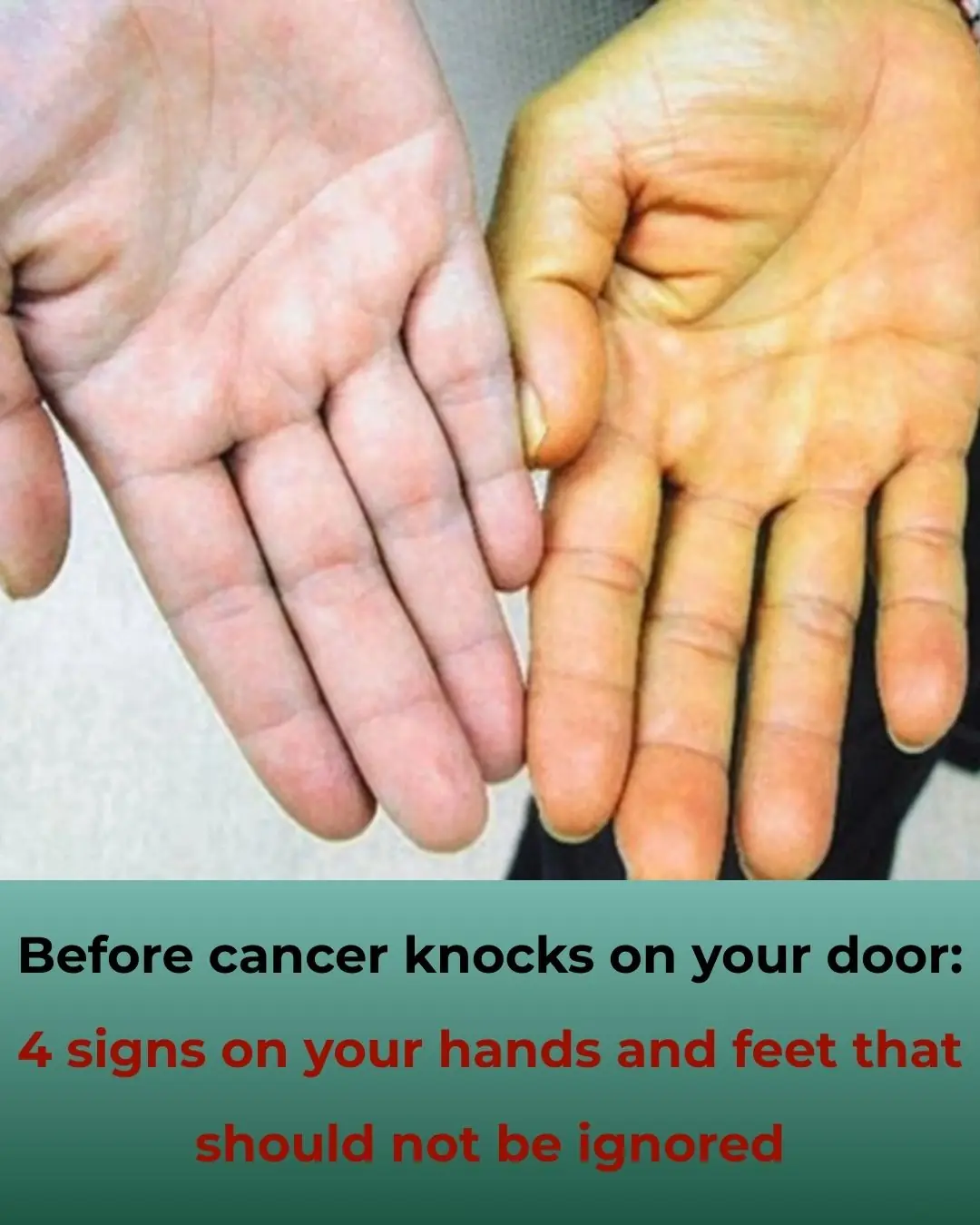
4 Warning Signs on Hands and Feet You Should Not Ignore Before Cancer Strikes

7 Drinks to Cleanse Phlegm, Boost Lung Health, and Combat Bacteria and Viruses
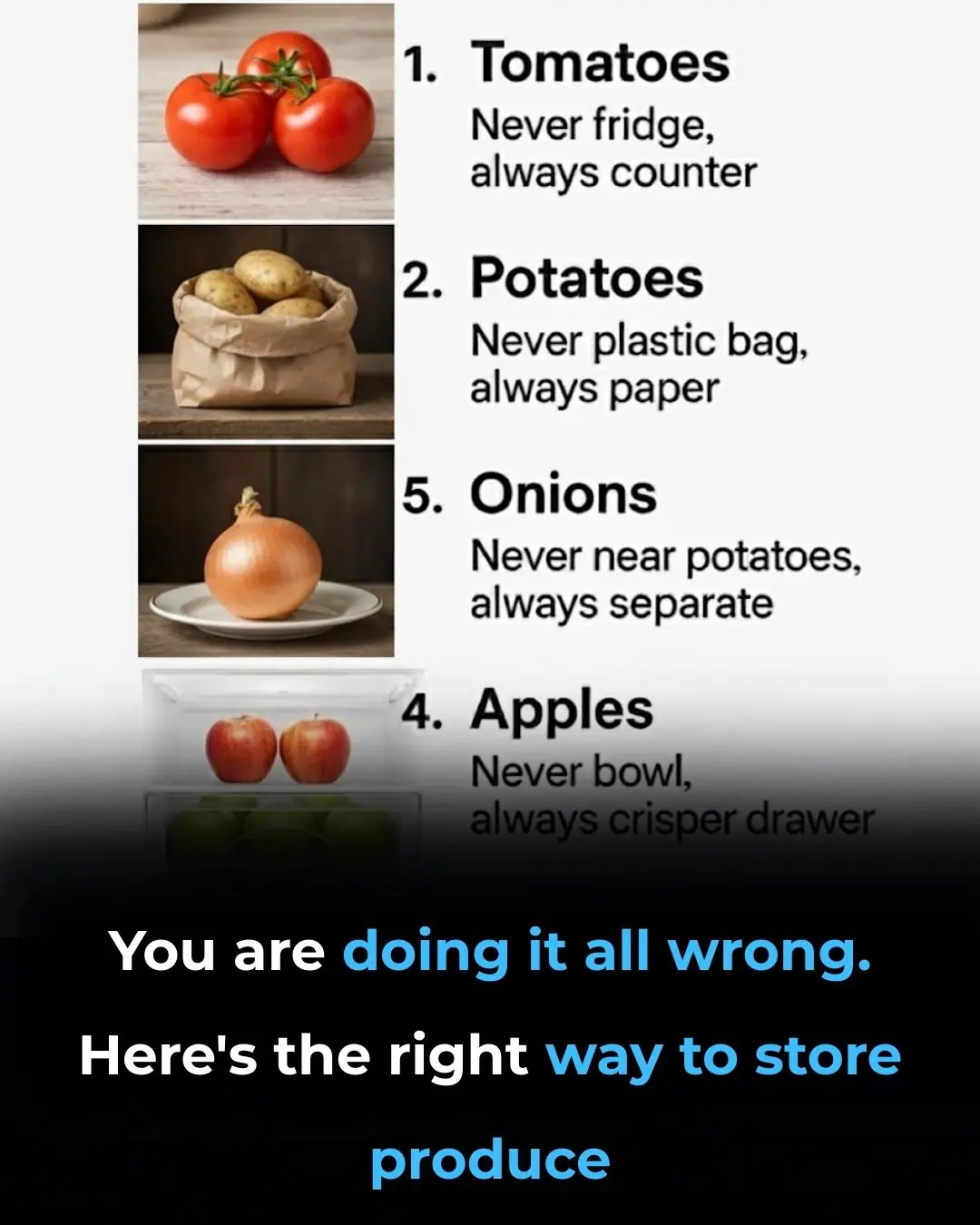
You are doing it all wrong. Here's the right way to store produce

How to Clean a Showerhead to Prevent Clogging: Simple Tips to Keep It Working Like New Without Spending on Replacements

The Health Benefits of Black Bean Soup with Chicken Feet: As Effective as Ginseng

Got High Blood Pressure? Try This 2-Ingredient Tea!

She Lost Half Her Brain — But Rebuilt an Entire Life

Bone Cancer: The Silent Destroyer That Strikes From Within

Put a drop of essential oil on clothes while soaking: "Special" use, not everyone knows how to apply it

Tips for using air conditioners, staying cool all day without worrying about skyrocketing electricity bills

How to stew delicious braised meat with Northern style, great to eat with rice in cold weather
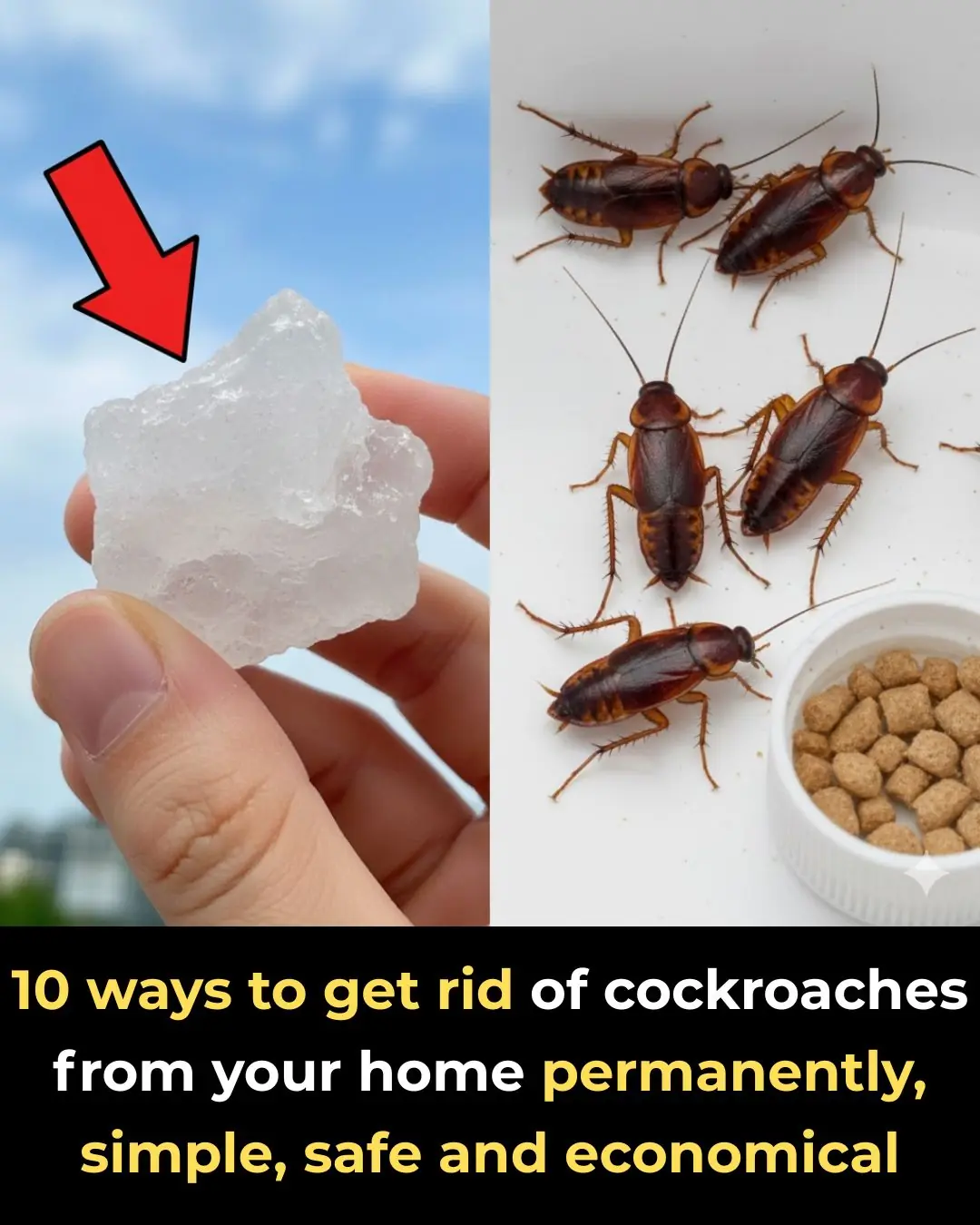
10 ways to get rid of cockroaches from your home permanently, simple, safe and economical

How to fry delicious, crispy spring rolls that won't get soggy: Remember not to put them in boiling oil right away.

Smart people always put a towel in the refrigerator, knowing its uses everyone wants to learn from it.
